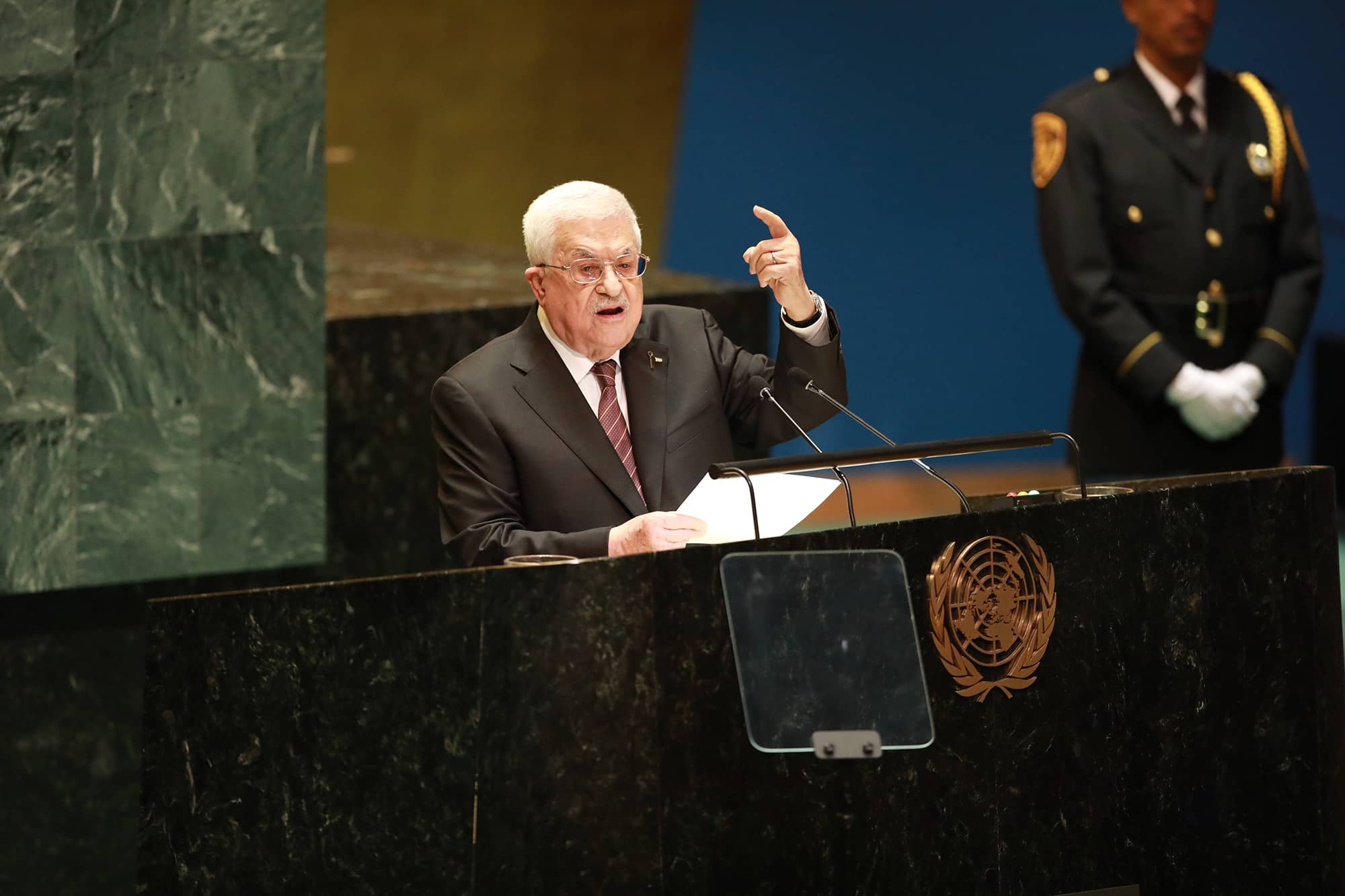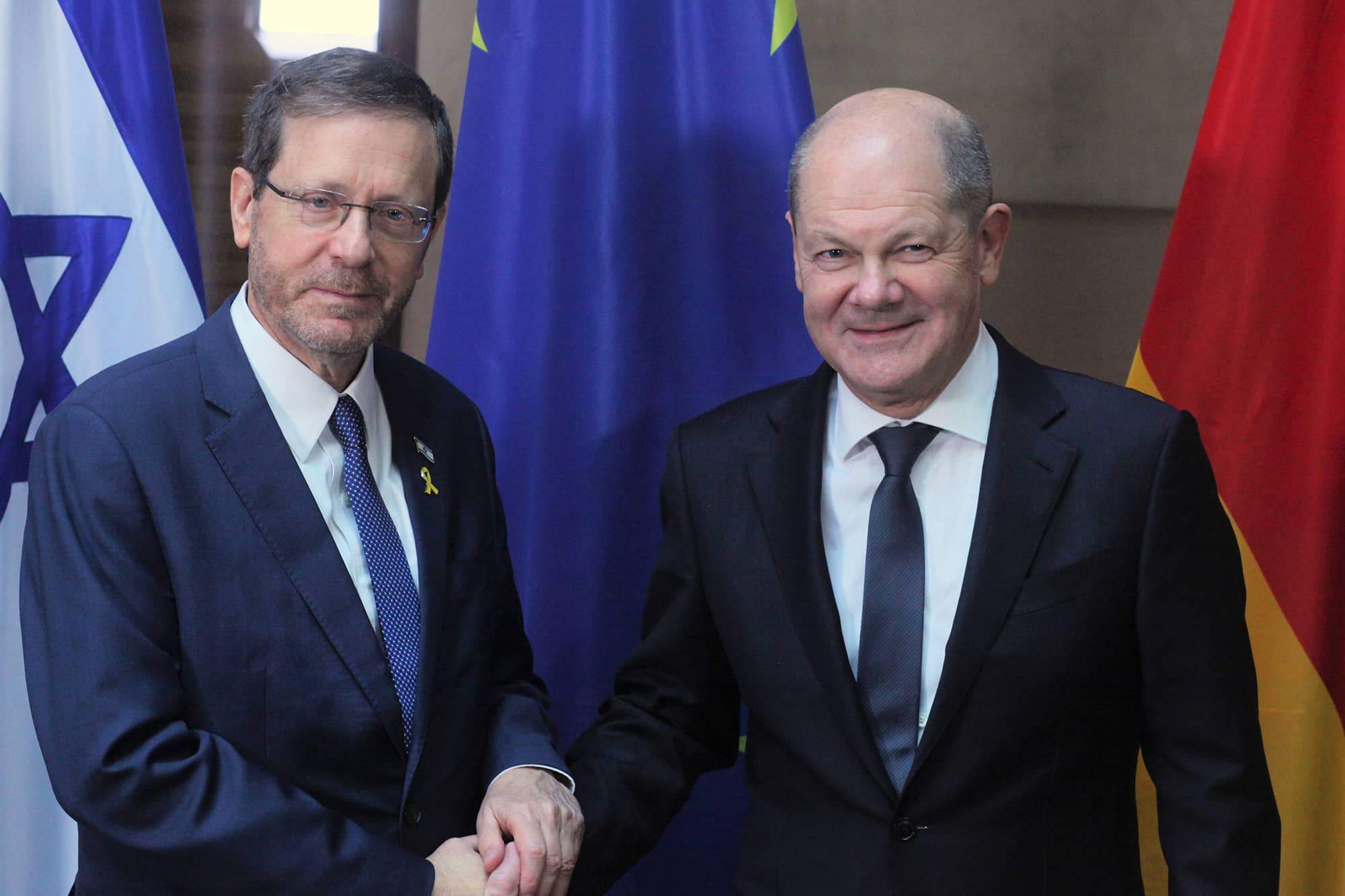The Democratic Republic of the Congo and the March 23 militia, aligned with Rwanda, signed a memorandum of understanding on July 19 in the Qatari capital, Doha. The signing was attended by President Donald Trump’s envoy, Massad Boulos.[1]
A few days earlier, the United Nations Security Council welcomed Qatar’s role in brokering the agreement between Rwanda and Congo-Kinshasa, signed in Washington at the end of June.[2]After the deal between Congo-Kinshasa and the M23 militia, Qatar also received congratulations from the European Union spokesperson and from the President of France.[3]This once again conferred international legitimacy on Qatar’s ties with armed militias, including terrorist organizations. At the same time as the Congo signing, an agreement was reached through Qatari mediation to expel 81 Afghan criminals from Germany using Qatari planes. The Taliban regime thanked Qatar for its assistance and for enabling contact with Afghan citizens still in Germany.[4] Reliance by a European government on Qatar to engage with terrorist organizations is not new; after October 7, Germany, Britain, andother countries turned to Qatar to mediate for the return of their citizens held by Hamas in Gaza.[5]
The agreement in the Congo was welcomed by Kinshasa’s ambassador to Qatar, who thereby legitimized Qatar’s involvement in Africa and around the world.[6] Somalia also congratuled Qatar on its success.[7] Qatar is deeply involved in Somalia, providing financial support to Islamist actors, such as the Al-Shabab militia.[8]
What mattered most however to Doha were the words of praise from Washington, reflected not only in Boulos’s presence but also in a statement from the U.S. State Department.[9]Similarly, at the Washington signing ceremony for the agreement between Rwanda and Congo-Kinshasa, a Qatari delegation was present and discussed the issue with the U.S. Undersecretary of State for Political Affairs, as well as with the Senate Foreign Relations Committee Chairman, Jim Risch.[10] For the Americans, the issue was both strategic and economic: the Trump administration had pushed for the agreement on the understanding that stability in the region would open the way for U.S. investment in Congo’s mineral reserves.[11]
President Trump used the signing of the Rwanda–Congo-Kinshasa agreement to boast that the United States had secured lucrative mineral rights.[12] The event coincided with intense White House talks between Trump and Netanyahu over a Gaza hostage deal, in which Qatar was also involved — including in meetings at the White House.[13] This forced Israel to allow Qatar to play a role in delivering humanitarian aid to Gaza.[14] Since the talks collapsed, Qatar has sent roughly fifty truckloads of aid to the Strip via Jordan and Egypt.[15] Before the war, Qatar had provided financial assistance to Gaza that was indirectly used to bolster Hamas’s military capabilities.
This once again demopnstrated how Qatar has positioned itself in Washington as a constructive actor, adept at mediating with problematic elements, and has leveraged this image to make itself indispensable in other arenas as well. It has become the administration’s go-to “problem solver.” The outgoing U.S. ambassador to Qatar expressed this perception by saying, “It is axiomatic that if the U.S. wants to investigate in how to be helpful in the region whether in Lebanon or North Africa, we start with Qatar.” [16]
Another example of the Trump administration’s reliance on Qatar — coupled with Doha’s open alignment with terrorist actors — emerged in the Iranian context. Even before the launch of Operation Rising Lion, Qatar acted as a mediator to such an extent that Trump publicly declared Iran owed it a debt of gratitude, saying that without Qatari involvement he would already have ordered airstrikes.[17] Qatari mediation continued up to the end of the operation.[18] Although Iran attacked Qatar in the closing stage of the war, the two countries’ close ties remained intact, and their leaders spoke the following day.[19] In conversations with Qatari leaders and in an interview with Al Jazeera, Iran’s president stressed that the strike had targeted the U.S. base in Qatar and that Qatar would never be regarded as an enemy.[20]
In Lebanon, Qatar’s preference for terrorist organizations was illustrated recently by reports that it has used economic aid to the Lebanese army as leverage to pressure the government not to demand Hezbollah’s disarmament — thereby ensuring Hezbollah’s continued role as a key player in the country.[21]
This preference is especially evident in Gaza, where numerous Qatari officials have voiced their support for Hamas over the decades, and often even after October 7. [22] A notable example was the eulogy delivered by the emir’s mother, Sheikha Moza, for Yahya Sinwar.[23] Similarly, Qatar’s minister of education wrote a poem about the stick Sinwar threw at a drone just before he was killed.[24] In the same spirit, conferences have been held in Doha promoting the “resistance” (al-muqawama) ideology championed by Hamas.[25]
Qatar’s position in Gaza is easy to understand: keeping Hamas in power ensures Qatar’s continued influence, thanks to its ability to maintain direct channels of communication with the group.
The central problem with Qatar’s mediation is that it often fails to adopt a genuine middle-ground position — a basic requirement for any mediator seeking a formula acceptable to both sides. Instead, Doha tends to side with the demands of the terrorist party and work to advance them. During negotiations with Hamas, Qatar has put its propaganda apparatus at the group’s disposal while its officials have sharply attacked Israel and promoted diplomatic and legal action against it.
Combined with its vast investments in the West and its hosting of the largest U.S. base in the Middle East, the Al Udeid Air Base, Qatar’s ties to terrorist organizations have made it a strategic asset for the West — and for Washington in particular. The Trump administration repeatedly turns to Doha, but the recognition accorded to this role only deepens the problem: Qatari mediation seeks to keep terrorist organizations relevant in order to preserve Doha’s influence, preventing any decisive resolution.
Against the backdrop of growing reliance on Qatar to mediate with hostile terrorist actors, the question arises whether the breakdown in talks over an Israel–Hamas deal will diminish Washington’s regard for Doha. Some argue that the United States should pressure Qatar to take a tougher line with Hamas and use its leverage over the group. For now, however, both the administration and Israel have refrained from assigning Qatar any share of the blame for Hamas’s refusal to show the flexibility needed to reach an agreement.
[1] https://www.qatar-tribune.com/article/186062/front/qatar-facilitates-breakthrough-peace-declaration-in-dr-congo
[2] https://qna.org.qa/en/news/news-details?id=unsc-commends-qatar-for-facilitating-peace-deal-between-dr-congo-rwanda&date=10/07/2025
[3] https://www.aa.com.tr/en/africa/france-eu-hail-congo-m23-deal-brokered-by-qatar-as-peace-efforts-gain-momentum/3636047
[4] https://mfa.gov.af/en/45033
[5] https://www.brecorder.com/news/40267569
[6] https://qna.org.qa/en/news/news-details?id=drc-ambassador-to-qatar-praises-hh-the-amirs-commitment-to-support-peace-stability-in-africa-and-around-the-world&date=20/07/2025
[7] https://qna.org.qa/en/News-Area/News/2025-7/20/somalia-praises-qatars-efforts-in-reaching-declaration-of-principles-between-drc-and-congo-river-alliance
[8] https://jcpa.org/the-broken-horn-geopolitical-influences-in-yemen-somalia-and-sudan/
[9] https://www.state.gov/releases/office-of-the-spokesperson/2025/07/the-united-states-welcomes-the-signing-of-a-declaration-of-principles-between-the-government-of-the-democratic-republic-of-the-congo-and-representatives-of-congo-river-alliance-march-23-movement-faci
[10] https://www.qatar-tribune.com/article/183161/nation/khulaifi-us-senators-discuss-regional-developments
[11] https://www.reuters.com/world/africa/congo-m23-rebel-group-sign-declaration-principles-qatar-end-fighting-2025-07-19/
[12] https://www.theguardian.com/world/2025/jun/27/rwanda-drc-peace-deal-us-trump-m23
[13] https://www.axios.com/2025/07/08/trump-netanyahu-meet-gaza-white-house
[15] https://qna.org.qa/en/News-Area/News/2025-7/27/49-qatari-aid-trucks-arrive-in-egypt-jordan-on-way-to-gaza-strip
[16] https://qna.org.qa/en/news/news-details?id=us-ambassador-to-the-state-qatar-a-trusted-broker-in-regional-diplomacy&date=29/04/2025
[17] https://www.iranintl.com/en/202505151966
[18] https://www.timesofisrael.com/trump-to-meet-qatars-pm-with-gaza-ceasefire-said-to-be-key-talking-point/
[19] https://www.aljazeera.com/news/2025/6/24/irans-pezeshkian-expresses-regret-to-the-emir-of-qatar
[20] https://www.aljazeera.com/news/2025/7/23/iran-ready-for-war-with-israel-will-not-halt-nuclear-programme-pezeshkian
[21] https://x.com/MiddleEast_24/status/1941501067566456932
[22] https://www.jpost.com/opinion/article-796511
[23] https://www.memri.org/reports/sheikha-moza-mother-qatari-emir-sinwar-will-live-al-jazeera-journalists-qatari-influencers
[24] https://x.com/kaisos1987/status/1858621690877554970
[25] https://shorturl.at/57lMQ
JISS Policy Papers are published through the generosity of the Greg Rosshandler Family.















